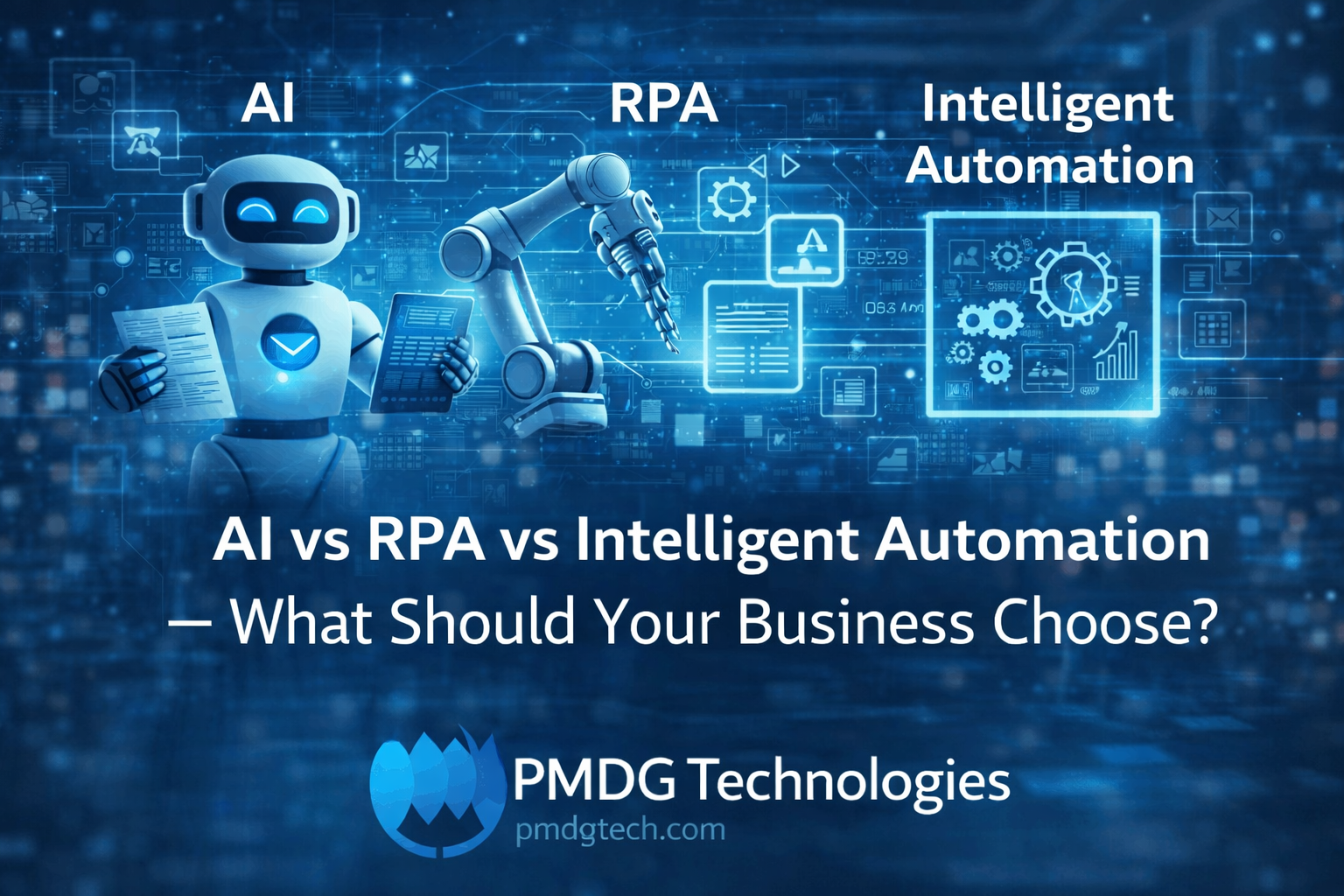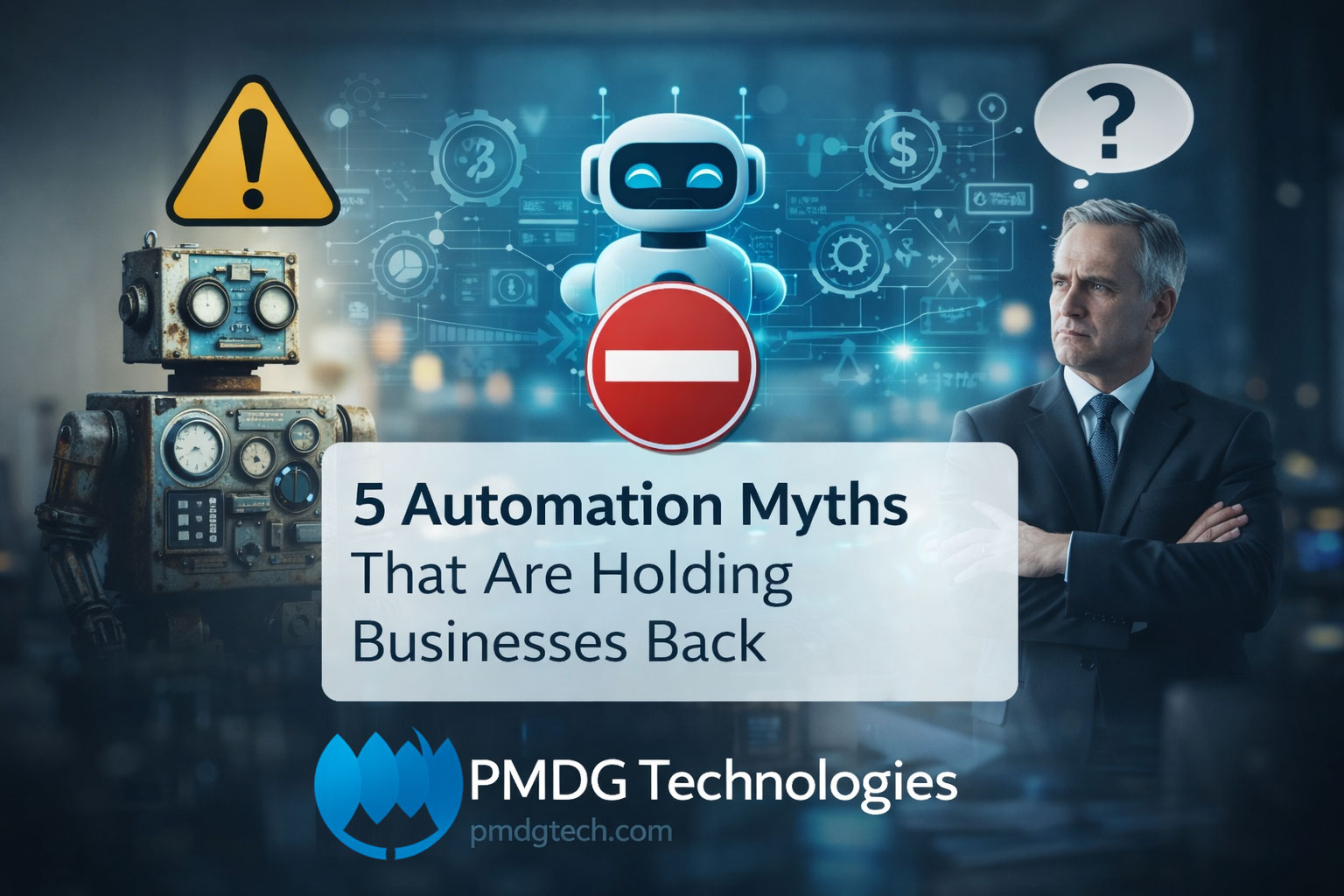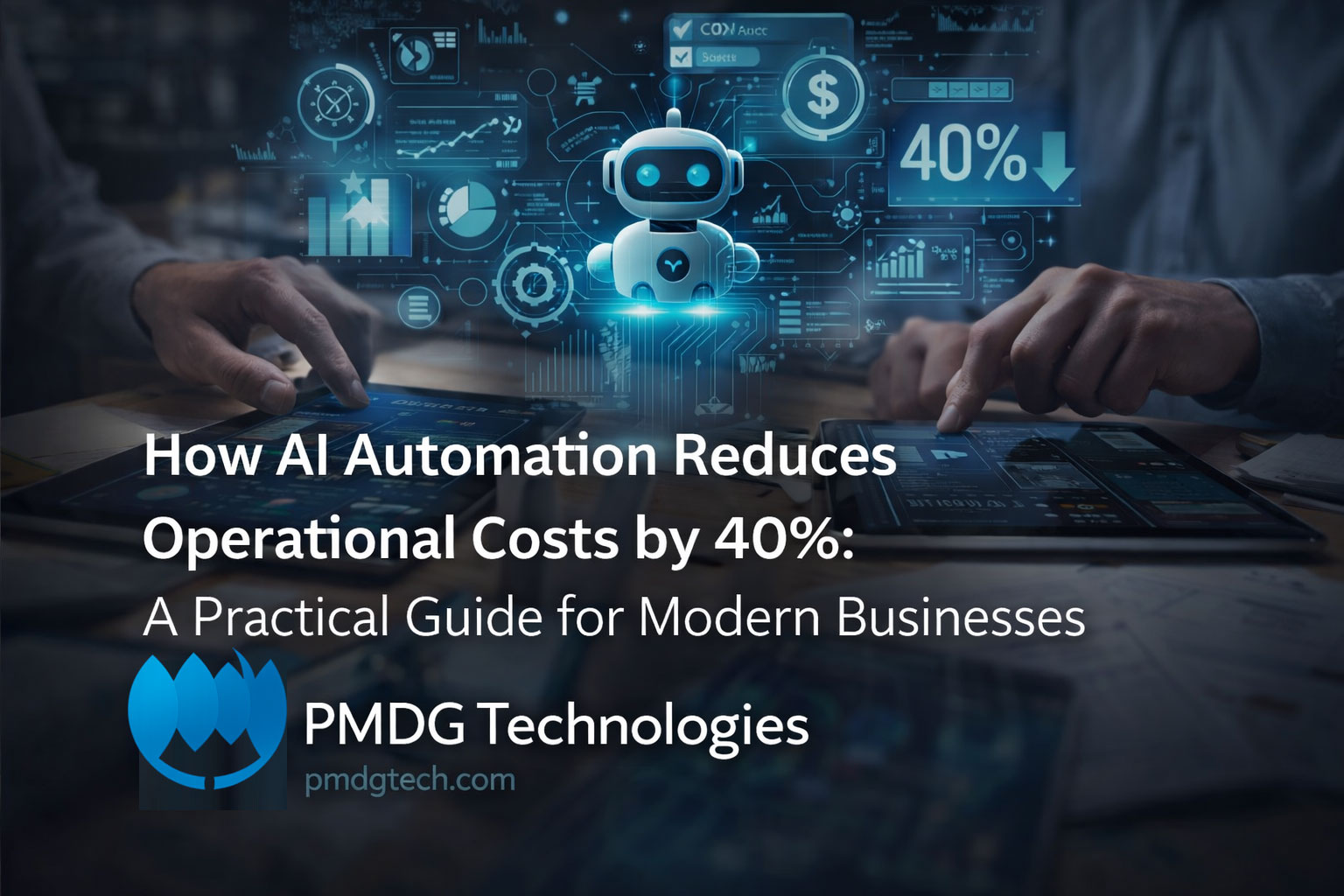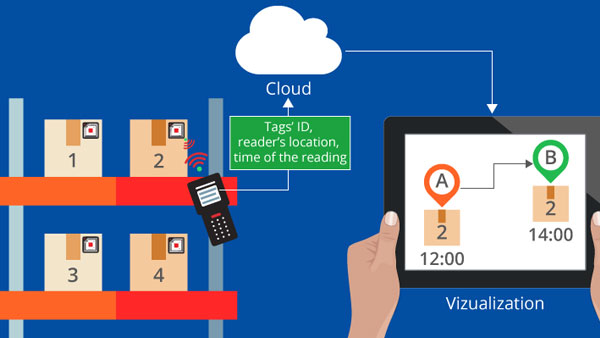In today’s fast-paced digital world, (IA) is redefining how businesses operate, compete, and grow. From streamlining operations to enhancing customer experience, intelligent automation is no longer a luxury — it’s a strategic necessity. At PMDGtech.com, we explore how integrating automation powered by AI and machine learning can help organizations stay ahead in the era of digital transformation.
What Is Intelligent Automation?
It is the combination of Artificial Intelligence (AI), Machine Learning (ML), and Robotic Process Automation (RPA) that allows systems to learn, adapt, and perform complex tasks with minimal human intervention. Unlike traditional automation, which follows predefined rules, intelligent automation can analyze data, make decisions, and continuously improve processes over time.

Why AI Automation Matters in Modern Business Strategy
1. Boosting Operational Efficiency
Every organization aims to reduce costs and increase productivity. Intelligent automation helps businesses eliminate repetitive tasks, minimize human errors, and speed up workflows. For example, AI-driven bots can process invoices, handle customer support queries, or manage supply chains — allowing employees to focus on high-value, strategic work.
2. Enhancing Customer Experience
Customer expectations are higher than ever. Through AI-powered chatbots and predictive analytics, companies can deliver personalized, real-time experiences that build trust and loyalty. Intelligent automation ensures customers receive quick, accurate responses — improving satisfaction and retention.
3. Enabling Data-Driven Decisions
Data is the foundation of modern business success. Intelligent automation tools can gather, analyze, and interpret vast amounts of data instantly, uncovering insights that inform smarter decisions. From predicting market trends to optimizing pricing strategies, businesses that leverage IA gain a competitive advantage.
4. Strengthening Compliance and Risk Management
In a world of strict regulations and data privacy concerns, intelligent automation ensures consistency and accuracy in compliance reporting. By automating audit trails and monitoring anomalies, businesses can reduce risk exposure and maintain transparency.
5. Driving Innovation and Agility
Modern businesses must adapt quickly to change. Intelligent automation allows companies to scale operations seamlessly, experiment with new models, and innovate faster. When processes are automated, teams can dedicate more time to creativity, research, and customer-focused strategies.

How to Integrate Intelligent Automation into Your Business Strategy
To successfully embed AI automation, organizations should follow a structured approach:
- Identify Automation Opportunities: Start with repetitive, rule-based tasks that consume significant time and resources.
- Set Clear Objectives: Define measurable goals — whether it’s cost reduction, better accuracy, or faster turnaround.
- Choose the Right Technology: Select automation platforms that integrate seamlessly with your existing systems.
- Train and Upskill Employees: Empower your workforce to collaborate with intelligent tools.
- Measure and Optimize Continuously: Use performance analytics to refine your automation strategy.
Real-World Examples of Intelligent Automation
- Finance: Automating fraud detection through AI-based algorithms.
- Healthcare: Streamlining patient data management and predictive diagnosis.
- Retail: Using machine learning for inventory management and demand forecasting.
- Manufacturing: Predictive maintenance using IoT sensors and automation tools.
These examples showcase how IA transforms industries by improving accuracy, saving time, and boosting ROI.
Future of Intelligent Automation: The AI Advantage
As AI models evolve, AI automation will continue to revolutionize business landscapes. Emerging technologies like Generative AI, Natural Language Processing (NLP), and Cognitive Automation will take automation beyond basic workflows — creating self-learning systems capable of making strategic business decisions.
Companies adopting these tools today will lead tomorrow’s markets.
Conclusion: Transforming Strategy with Intelligent Automation
Intelligent automation is not just about technology — it’s about transformation. It helps businesses become more efficient, agile, and customer-centric, which are essential traits for long-term success.
At PMDGtech.com, we believe that integrating intelligent automation into your business strategy isn’t just a smart move — it’s the future.
Embrace intelligent automation today and lead the way in digital innovation tomorrow.













Leave a Reply